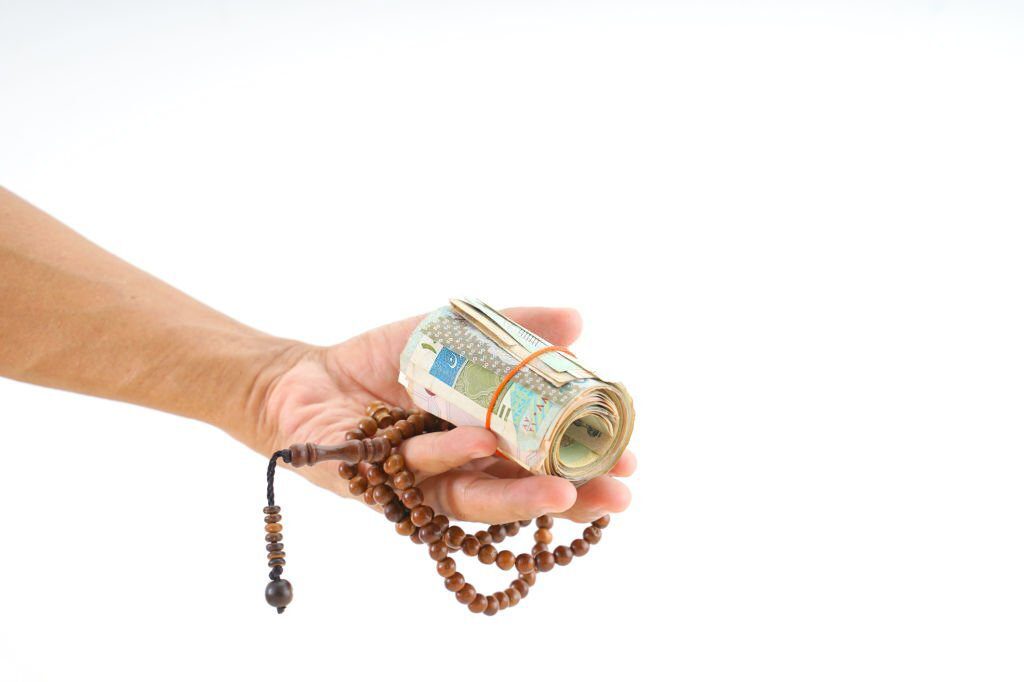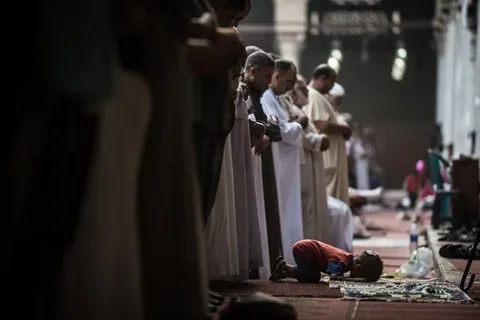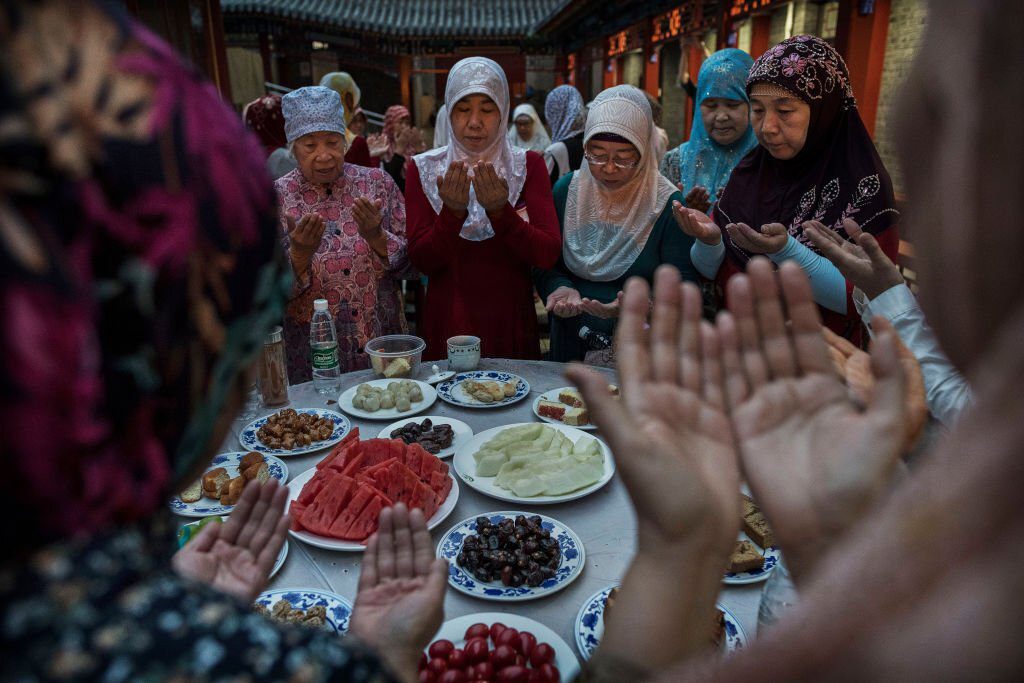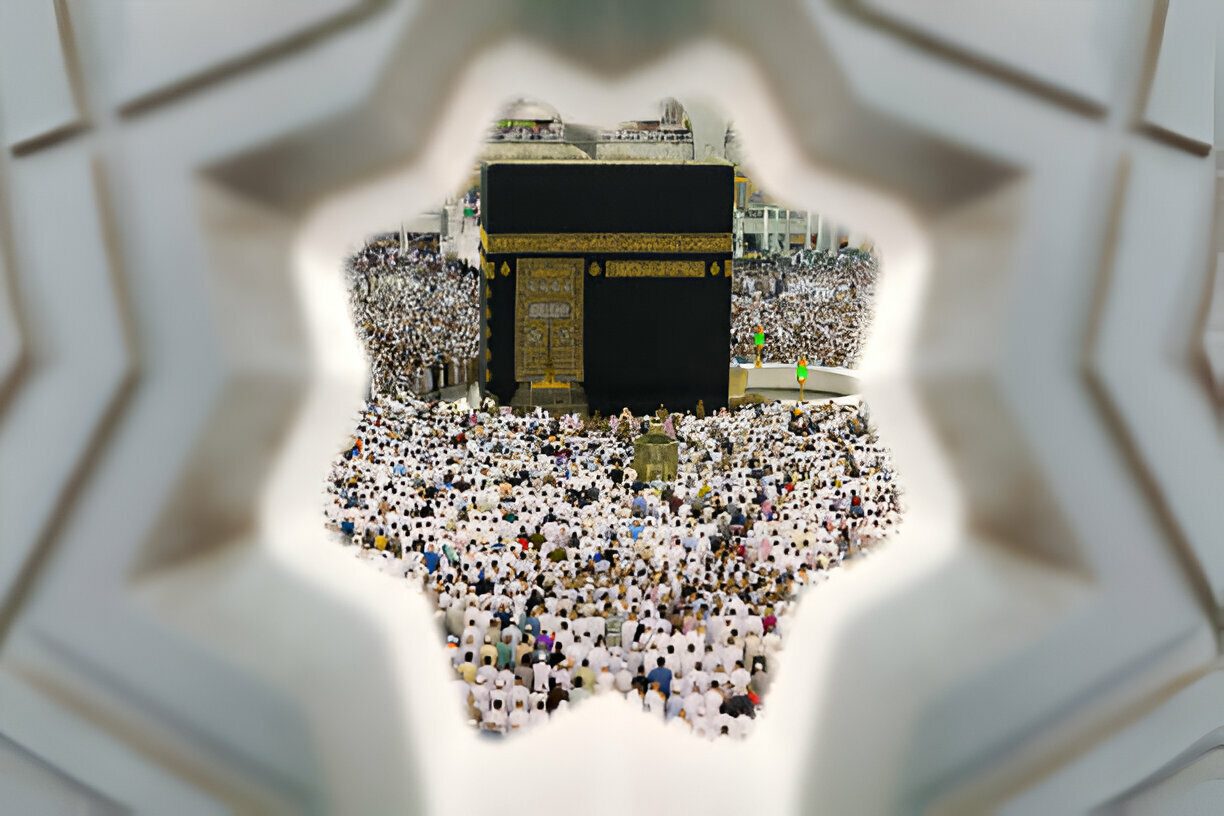As the Islamic calendar approaches Shawwal, Muslims around the globe conclude Ramadan with the much-anticipated celebration of Eid al-Fitr on the 10th or 11th of April, 2024. This period is not merely about the cessation of fasting; it’s a profound expression of gratitude towards Allah for bestowing the strength and resilience needed to observe self-restraint throughout the holy month.
Eid al-Fitr, colloquially known as the festival of breaking the fast, ushers in a vibrant three-day festivity replete with communal prayers, sumptuous feasts, and acts of charity. Mirroring the commencement of Ramadan, the exact timing of Eid is anchored to the lunar calendar, with predictions pointing towards the 10th or 11th of April for the celebrations to begin this year.
The advent of Ramadan heralds a season of deep spiritual introspection and communal harmony within the Muslim community. It is a time when the faithful engage in fasting from dawn until dusk, not just as a ritualistic observance, but as a means to foster spiritual growth and reaffirm their dedication to the principles of Islam.
“Muslims are not only celebrating the end of fasting but thanking Allah for the help and strength that he gave them throughout the previous month to help them practise self-control.”
This passage encapsulates the essence of Ramadan and Eid al-Fitr: a period for the Muslim community to come together in a shared journey of faith, reflection, and renewal.
When does Ramadan end?
This year, Ramadan is expected to end on 9th April 2024, depending on the sighting of the moon.
Have you paid your Zakat al-Fitr and your Fidyah?
Fitrah, or Zakat al-Fitr, is a mandatory charitable contribution required of every Muslim who possesses sufficient financial resources to support themselves on the day of Eid. This contribution, which is due on Eid al-Fitr, involves providing or paying the equivalent value of a staple food item, such as rice, for oneself, all household members, and one’s parents if they lack a source of income. It is essential that Zakat al-Fitr be paid before the Imam begins the sermon (khutbah) on Eid day, although it may be distributed any time during the day until sunset.
Eligibility for Zakat al-Fitr is determined not just by the financial situation on the day of Eid but throughout the entire month. It includes individuals whose expenses exceed their income, indicating financial strain. However, being eligible to receive Zakat al-Fitr does not exempt an individual from the obligation to pay it if they can afford the expenses of Eid day.
Therefore, a person who faces financial difficulties throughout the month but has sufficient means on Eid al-Fitr is both entitled to receive Zakat al-Fitr and obligated to contribute. This dual eligibility highlights the balance between giving and receiving, based on one’s financial capacity on the day of Eid.
What is Zakat al-Fitr (Fitrana)?
Zakat al-Fitr, also referred to as Fitrana, represents a mandatory act of charity involving the donation of food, which is required to be made before the Eid prayer and the conclusion of Ramadan, as an expression of devotion to Allah. Every financially stable adult Muslim, who possesses more food than what is needed for themselves and their dependents, is obligated to fulfill this duty.
Ibn `Abbas (may Allah be pleased with him) reported:
The Messenger of Allah (peace be upon him) ordained Zakat al-Fitr [Fitrana] to purify the fasting person from indecent words or actions, and to provide food for the needy. It is accepted as Zakat for the person who gives it before the Eid prayer; but it is a mere Sadaqah for the one who gives it after the prayer.
Hadith | Abu Dawud and Ibn Majah
The quantity is described by the Prophet (PBUH) as one saa’ of food, and one saa’ is equivalent to four madd. A madd is the amount that can be scooped up when one puts their hands together. If we translate this into a monetary value based on the price of a staple food such as flour or rice, it is approximately R73. Therefore the amount due for each person is R73.
As Islamic Relief acts as a charitable agent, we can therefore be given the money to pay for the food beforehand which we will then spend where needed at the correct time to buy the food. As a result, this will be distributed among those people around the world that are in need.
Shafi’i School of Thought
The method for calculating Zakat al-Fitr varies among Islamic schools of thought, primarily concerning the payment of one Sāʿ of certain food items like rice, barley, or dates. Mufti Khan points out that according to the Shafi’i school, Zakat must be given in the form of these commodities themselves, not their monetary equivalent.
Despite this, Mufti Khan advocates for giving the monetary value of these commodities to help beneficiaries more effectively. However, since the Shafi’i school does not permit this form of payment, adherents wishing to donate money instead must follow the Hanafi school’s guidelines, which allow for monetary donations.
Hanafi School of Thought
The Hanafi school permits the donation of Zakat al-Fitr’s monetary equivalent, with some specifics. For instance, when donating flour, half a Sāʿ, or 1.75kg, suffices. Yet, for barley or dates, the full Sāʿ equivalent in money, representing 3.5kg of the commodity, must be given.
This approach explains the Muslim Judicial Council’s two different rates for Zakat al-Fitr: R37 for flour (based on 1.75kg) and R73 for barley or dates (based on 3.5kg). Mufti Khan clarifies that this dual-rate system allows those facing financial hardships to contribute the lower amount of R37, while those who can afford more can opt to give R73, thus easing the financial burden on donors.
Minimum Fitrah 2024
R37 – Hanafi,
R73 – Maliki, Shafi’i and Hanbali.
Fidyah
Fidyah represents a voluntary contribution, becoming mandatory only if someone is unable to fast during Ramadan due to circumstances beyond their control. Mufti Khan explains that this includes individuals with chronic illnesses, pregnant women who need extra nutrition for their unborn child, and seniors for whom fasting could harm their health. These people must compensate for each day of fasting missed during Ramadan by paying Fidyah.
The amount for Fidyah is set at the equivalent of 1kg of rice. This can either be donated in the form of rice itself or as a monetary value, which is approximately R23. This calculation is based on the Islamic jurisprudence of Sufyan al-Thawri.
Minimum Fidyah 2024
R23 for each missed fasting day during Ramadan.
Does the Spirit of Ramadan Extend Beyond the Month?
In contemplating the broader implications of Ramadan and Eid al-Fitr, one might ponder whether the lessons of self-discipline, generosity, and spiritual contemplation linger beyond the festivities. How does this period of intense devotion influence the daily lives of the faithful in the subsequent months? Does the sense of communal solidarity fostered during Ramadan inspire continued acts of charity and understanding within and beyond the Muslim community?
These questions invite us to reflect on the enduring impact of religious observances on individual character and societal harmony, underscoring the profound significance of these traditions in fostering a spirit of unity and compassion.






